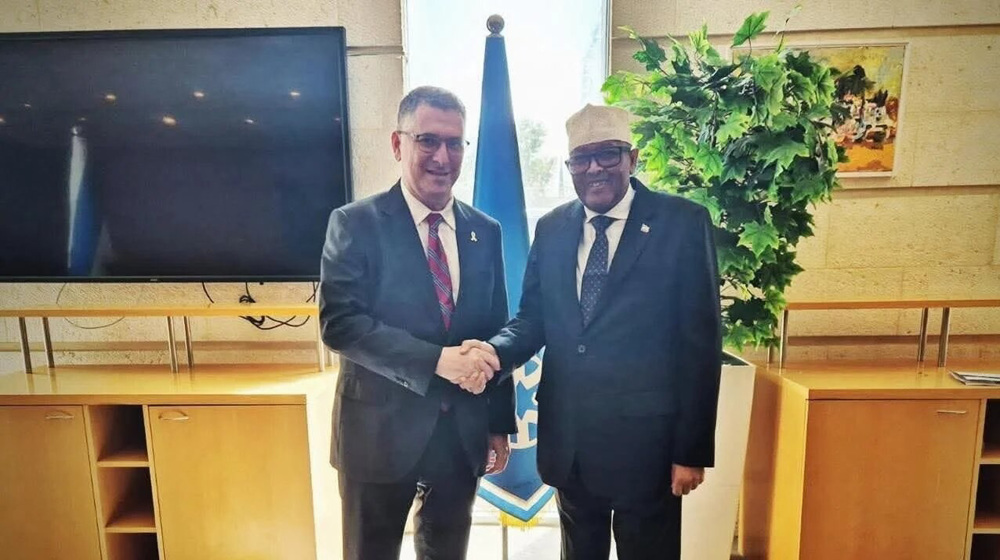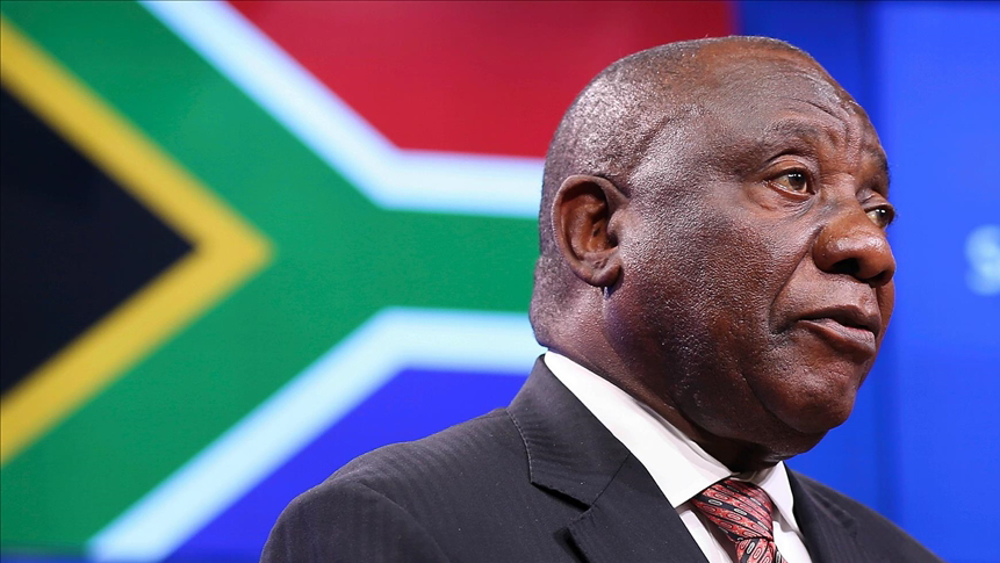Gambia announces reversed plan to remain in ICC
The Gambia's new government has asked the United Nations to halt the country's process of withdrawal from the International Criminal Court (ICC), reversing the previous administration's plan to pull out of the tribunal.
A statement issued by the government of President Adama Barrow late on Monday said the Gambia would remain in the ICC.
The statement added that Foreign Minister Ousainou Darboe had notified UN Secretary General Antonio Guterres of the decision in a letter last month.
"The government of Gambia has notified Antonio Guterres in his capacity as depository of the Rome Statue of its decision to discontinue the withdrawal notice," the statement read.
Former Gambian President Yahya Jammeh announced in October 2016 that he would pull the Gambia out of the ICC.
Read more:
In the same month, the West African country's former Information Minister Sheriff Bojang accused the ICC of being biased against Africa.
Bojang said the court, set up to pursue some of the world's worst crimes, had been used "for the persecution of Africans and especially their leaders" while ignoring crimes committed by the West.
The former Gambian information minister singled out the case of Tony Blair, Britain's former prime minister, whom the ICC failed to indict over the US-led invasion of Iraq in 2003.
He said the tribunal was an "international Caucasian court for the persecution and humiliation of people of color, especially Africans."
Ironically, the chief prosecutor of the ICC, Fatou Bensouda, is a former Gambian justice minister.
The Gambia had followed in the footsteps of Burundi and South Africa by declaring its intention to withdraw from the ICC.

Only Africans have been charged in the six ICC cases that are ongoing or about to begin, though preliminary investigations have opened elsewhere, too.
The ICC has opened probes involving Kenya, the Ivory Coast, Libya, Sudan, the Democratic Republic of the Congo, the Central African Republic, Uganda and Mali.
The International Criminal Court was set up in 2002 to try war criminals and the perpetrators of genocide.
VIDEO | Press TV's news headlines
VIDEO | New wave of Israeli strikes on Lebanon as US suspends ceasefire mechanism
VIDEO | Israeli regime kills three more Palestinian journalists
Canada prime minister hits back at Trump's remarks
Lebanese journalist summoned to court for criticizing president
‘The Voice of Hind Rajab’ receives Oscar nomination
VIDEO | Foreign-backed terrorism in Iran
US-backed riots suffered 'humiliating' defeat in Iran: Yemeni leader










 This makes it easy to access the Press TV website
This makes it easy to access the Press TV website